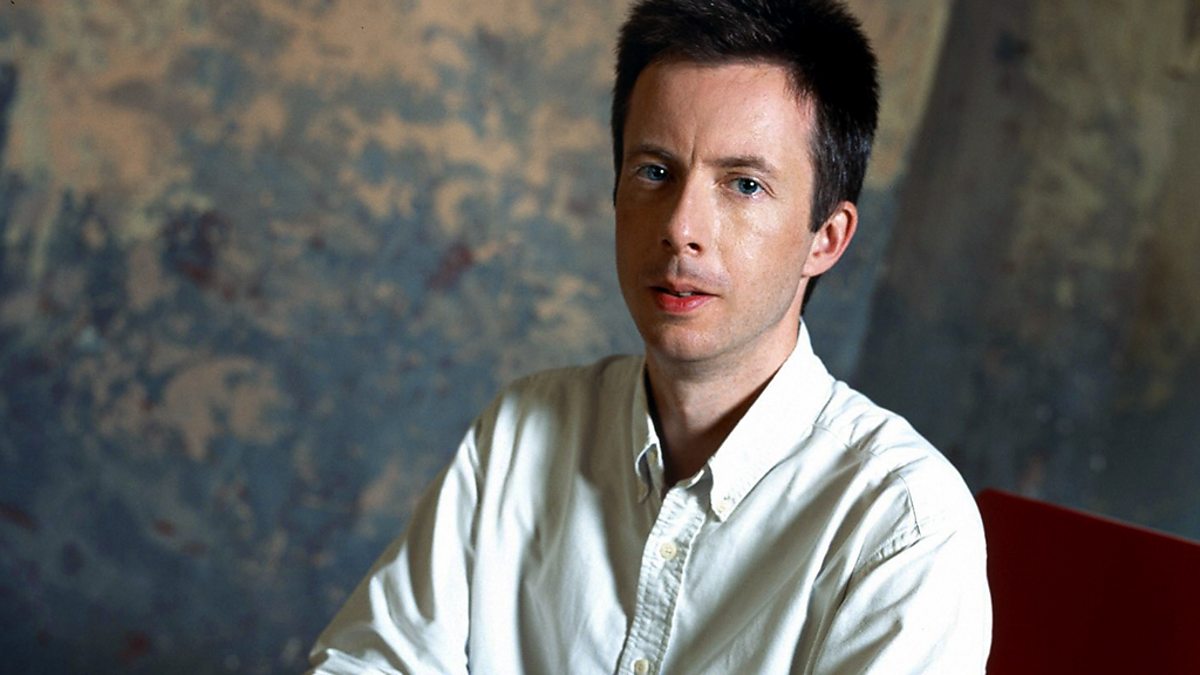Originally posted by doversoul
View Post
I did listen to all of the programme yesterday and found it interesting, especially in the way he discusses informal gatherings of musicians. The idea of people bringing a musical instrument with the advanced musicians playing the more sophisticated music and the less adept eagerly chipping in. In an odd way, I was reminded of the Irish etc folk traditions.




Comment